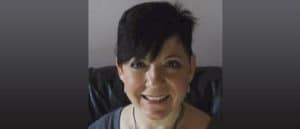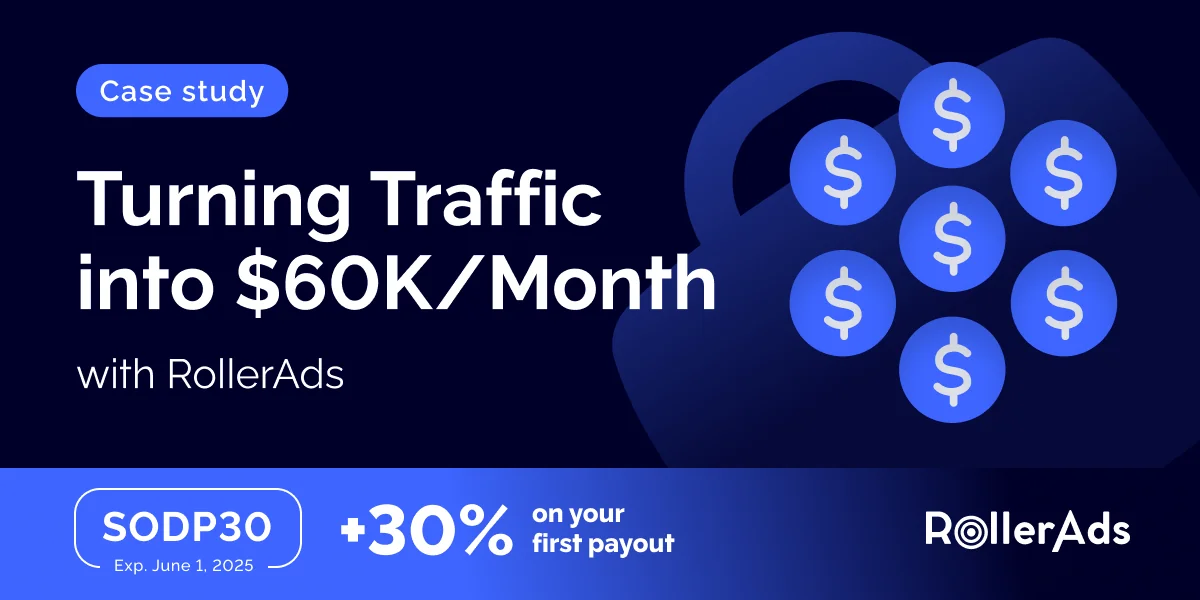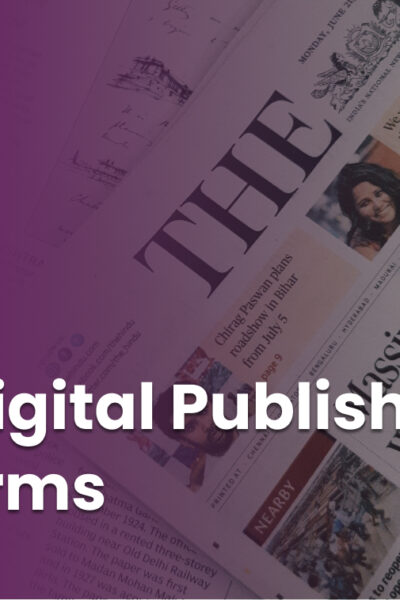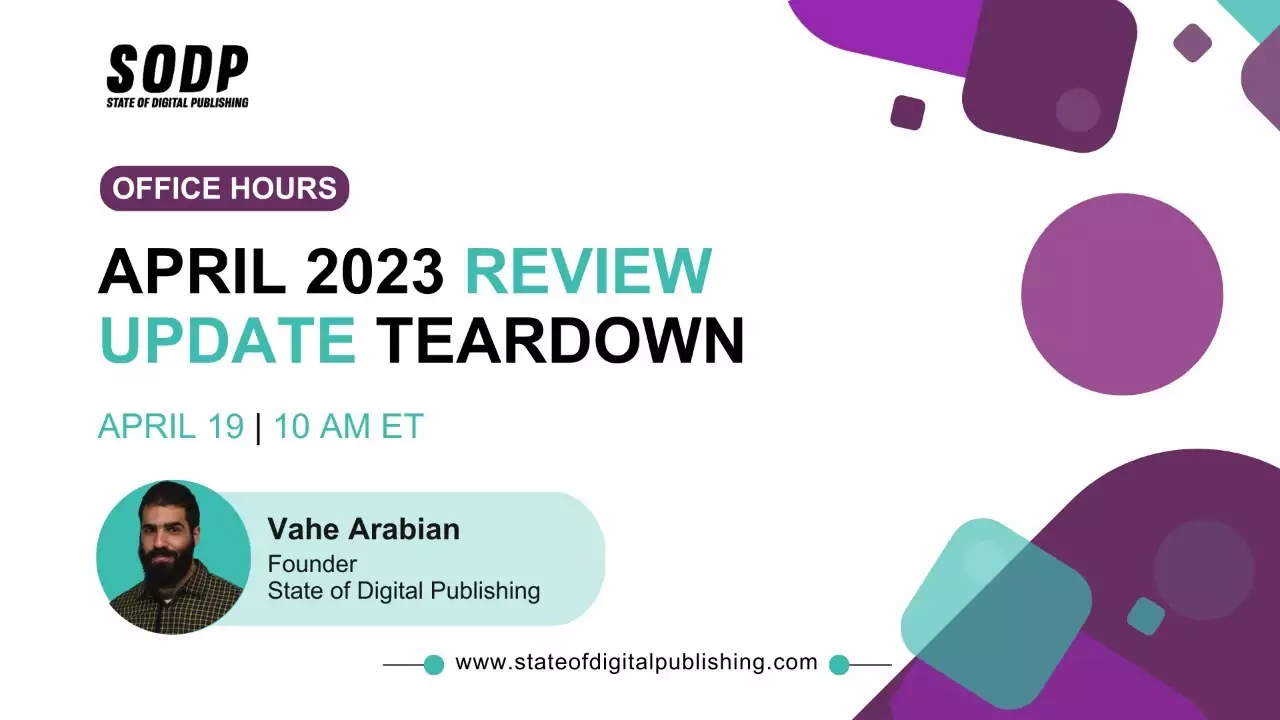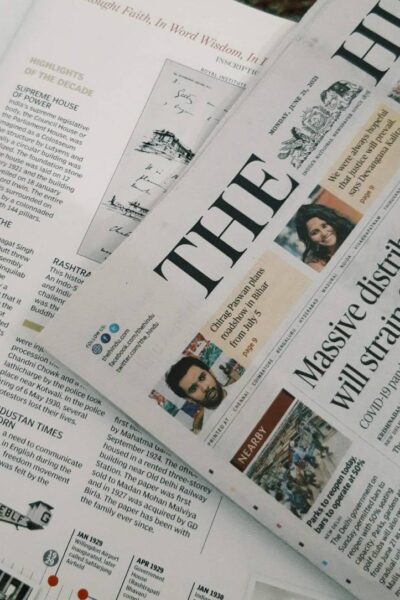Freelance editor of fiction and creative nonfiction and book blurb writer at Nikki Busch Editing. Traditionally published poet.
What led you to start working in digital/media publishing?
I’ve been working with words for over 30 years. After starting out in journalism, I switched to advertising, primarily for Big Pharma. I edited and wrote copy, including digital content, for prescription drugs at award-winning ad agencies in the NYC-metropolitan area but found the industry creatively stifling and unethical. Having spent my earlier years writing rock and roll songs and poetry, I craved working in the creative writing field and knew I had to make a change.
I began editing books for indie authors 11 years ago before e-books fully took off and while still employed in advertising. I started with self-help books, an easy transition from pharma, and switched to fiction and memoirs as digital publishing grew. During that time, I earned an editing certificate from the University of California-San Diego, took courses in fiction writing and developmental editing, worked as an editor and online book marketer for a publisher, and moved into editing fiction, creative nonfiction, and blogs for emerging and established authors and small publishing houses full-time.
What does a typical day look like for you?
My day begins with an early morning yoga practice and dog walk before I tackle emails and my current editing project. I devote most of the day to editing fiction and memoirs from my home office. I conduct writing coaching sessions from anywhere by phone or online. Although I work alone, social media connects me to my “edibuddies” (editing peers) for camaraderie and to ask or answer thorny editing questions. During editing breaks, I read books and other materials about the craft of writing, and I post helpful writing tips and promo about my clients’ latest releases on social media. After dinner, I usually work a few more hours before bed.
What’s your work setup look like?
An iMac on my office desk and PC laptops in the kitchen and bedroom give me the flexibility to work in Office 365’s Microsoft Word from any room. I run PerfectIt, a consistency program, on the PCs, but I’m primarily a Mac person. For first reads during developmental edits and second-pass line edits and copy edits, I use a tablet or Kindle.
There are a few writing resources in the Kindle app on my iPhone that I refer to regularly. My Brain.fm subscription provides ambient music for staying focused.
I use Mac Mail and Gmail for communicating with clients, and I go old-school for scheduling, using my Passion Planner and a whiteboard. For social interaction, I use Slack, Facebook, Twitter, Instagram, LinkedIn, and occasionally Pinterest and Tumblr. Most of those apps come in handy when I announce my clients’ new releases too. FreshBooks Classic helps me issue invoices and track time, revenue, and expenses.
What do you do or go to get inspired?
Kayaking on quiet waters opens my mind to endless creative possibilities. Reading commercial fiction keeps me fresh and constantly learning. The writing coaching sessions I conduct are inspiring because I can see immediate results for my author clients.
What’s your favorite piece of writing or quote?
“I believe that I often bring out the best in somebody’s talents.” David Bowie summed it up quite nicely, didn’t he?
What is the passionate problem you are tackling at the moment?
The quality of self-published e-books and their image in the marketplace must be strengthened. The potential to build better stories is there and it’s my goal to help more authors make it happen.
Content from our partners
Is there a product, solution, or tool that you think is a good match for your digital publishing efforts?
I can’t imagine there’s one tool or solution. Microsoft Word remains the industry standard for editors and authors. For marking up manuscripts and implementing changes, it’s the most effective word processing program available.
Any advice for ambitious digital publishing and media professionals just starting out?
Online classes will help you build your skills and become familiar with your market. For budding editors, being a passionate book lover is not enough. Invest in classes and webinars and join professional organizations. Study grammar and read books and blogs about the craft of writing. Network with other editors through social media, and if you can swing it, attend professional conferences.


